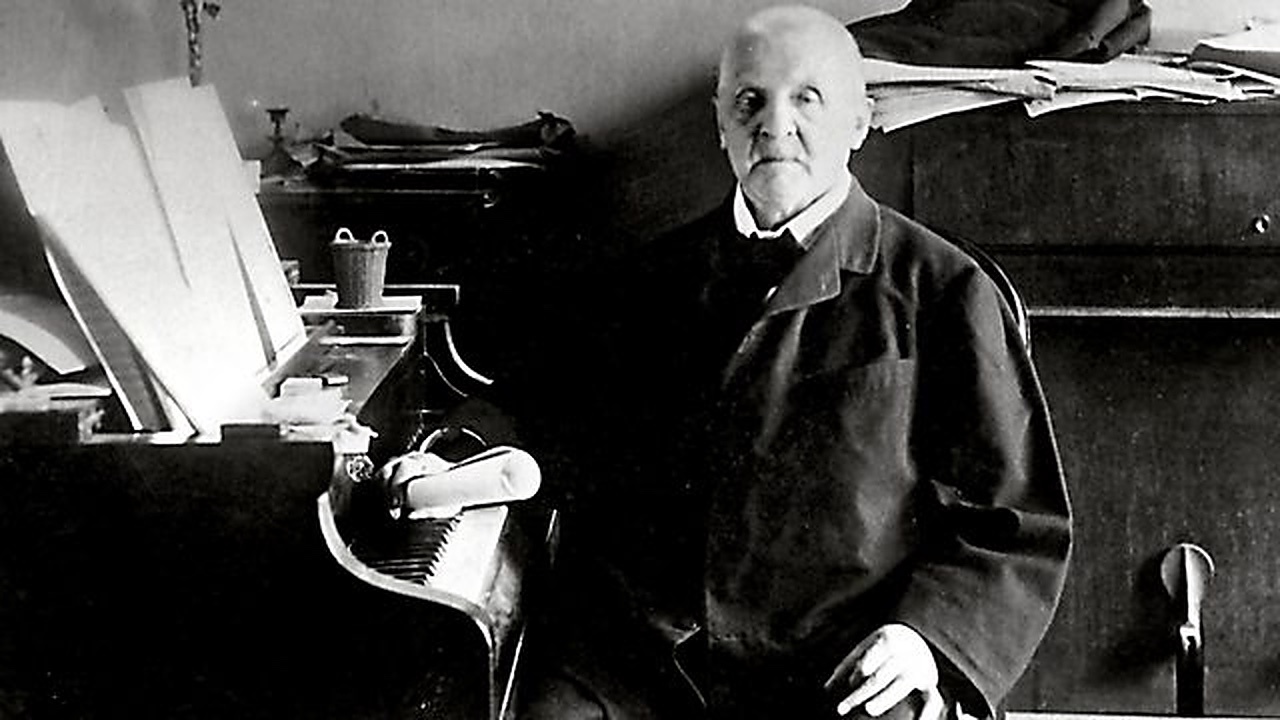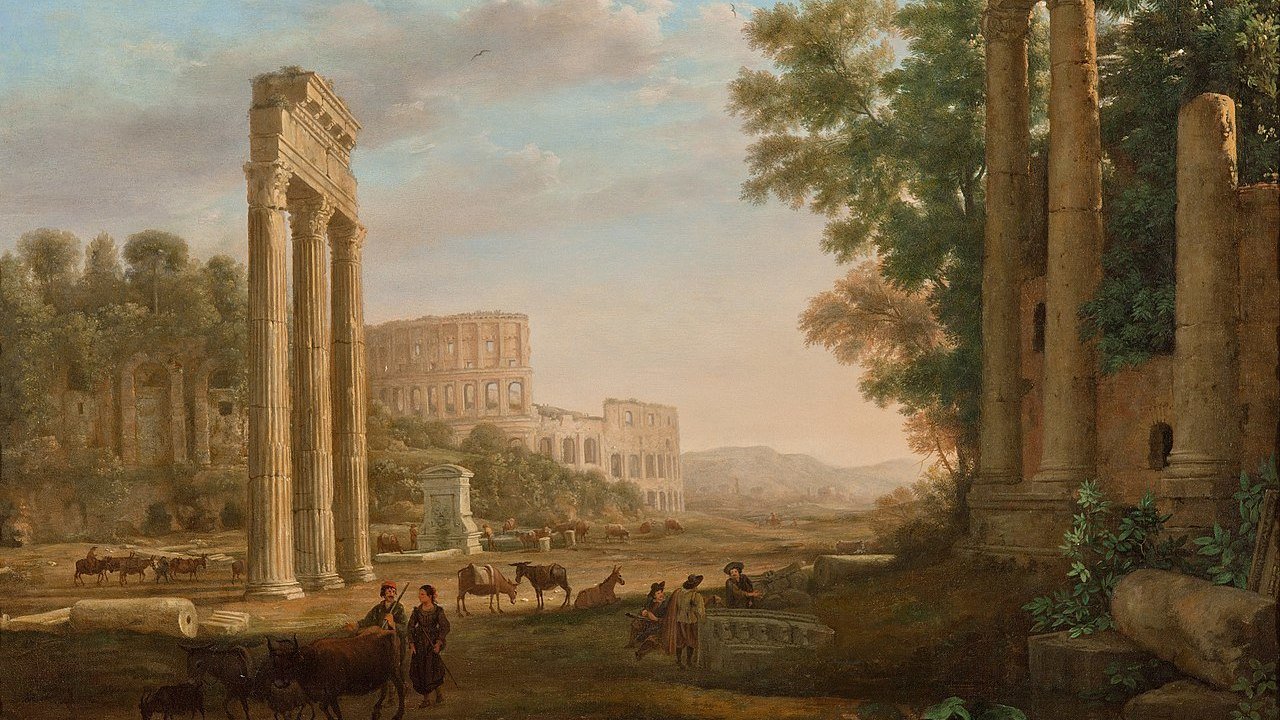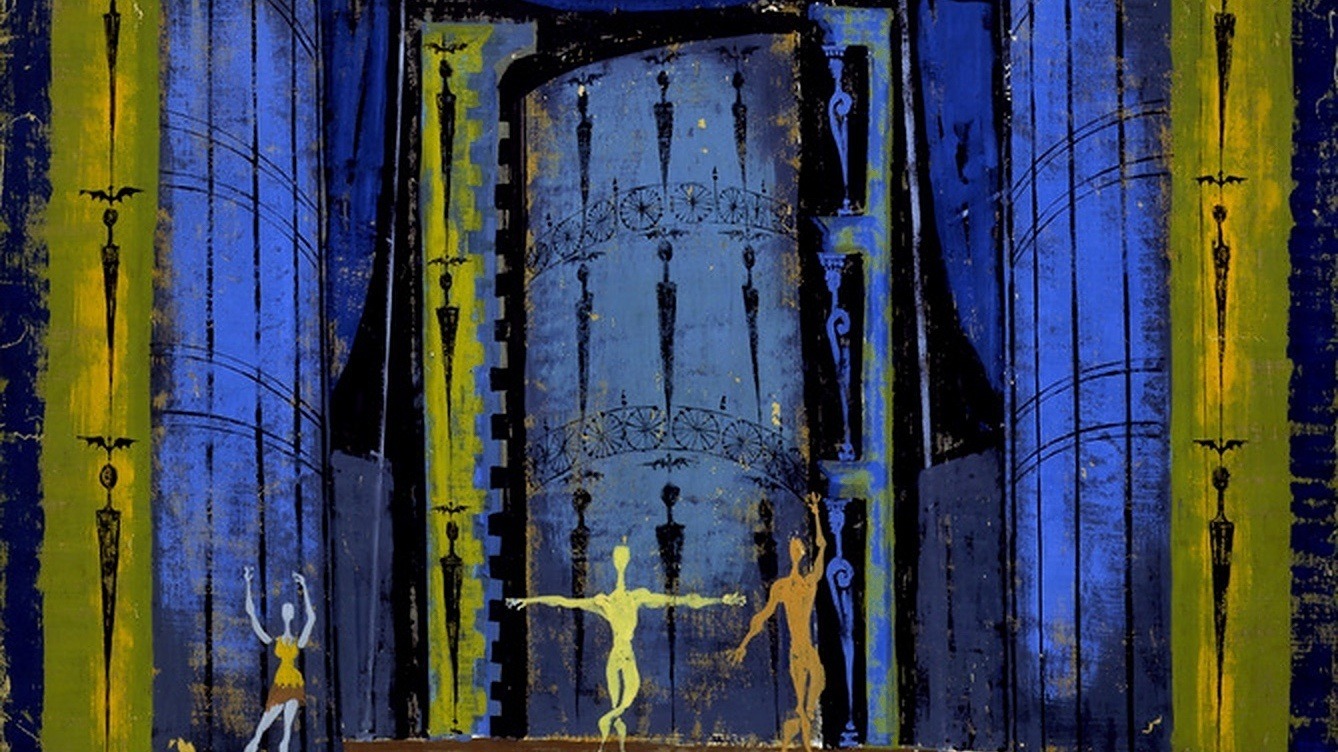Bartók’s Viola Concerto: An Unfinished Epilogue
Béla Bartók was destitute and suffering from the terminal stages of leukemia when, in the winter of 1944, he was commissioned by William Primrose to write a Viola Concerto. Primrose, one of the twentieth century’s greatest violists, insisted that Bartók should not “feel in any way proscribed by the apparent technical limitations of the instrument.” Dividing his time between a summer cabin in Saranac Lake in New York’s Adirondack region and a small …






